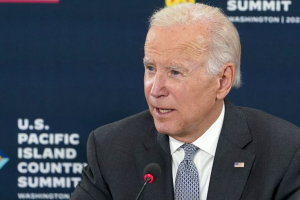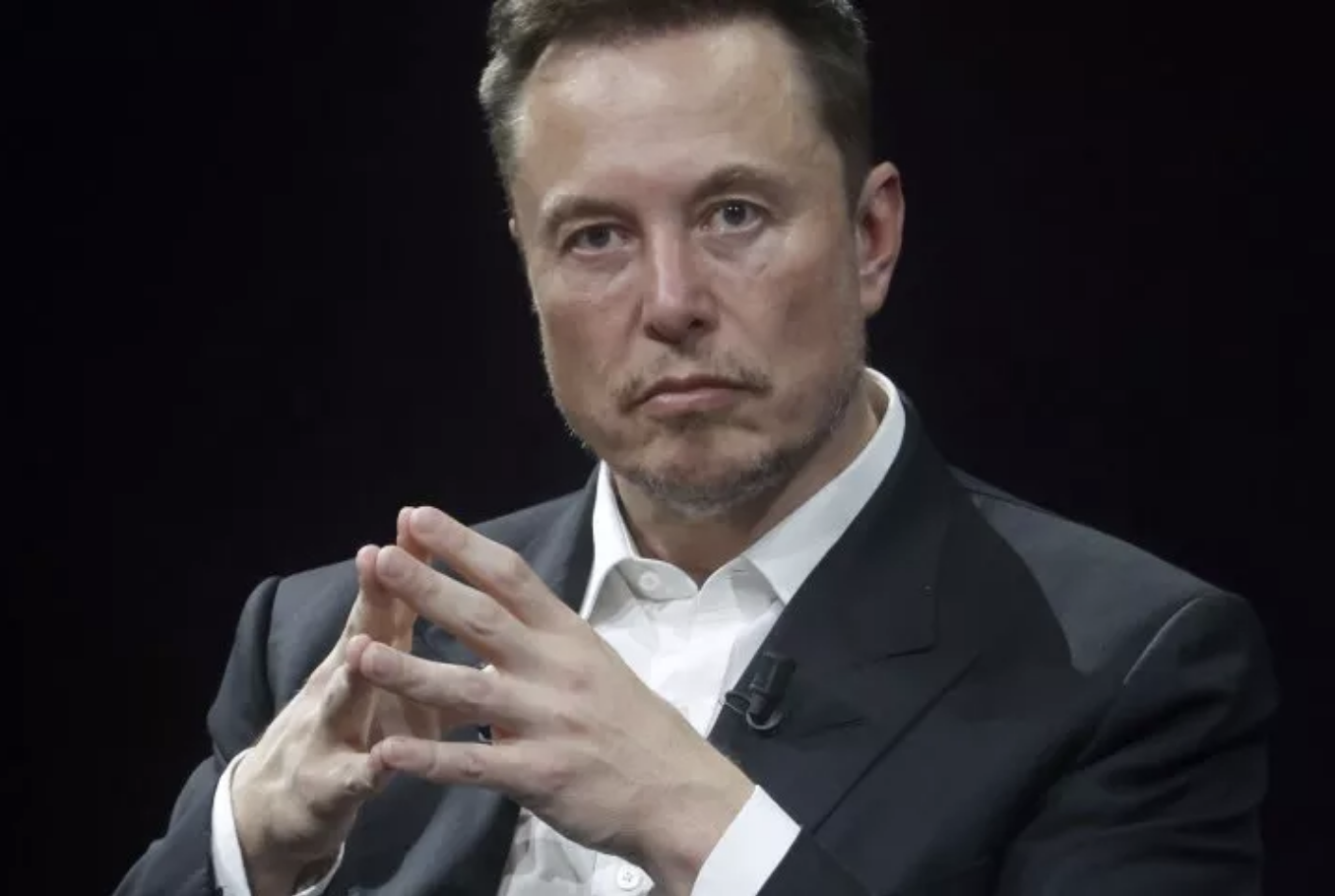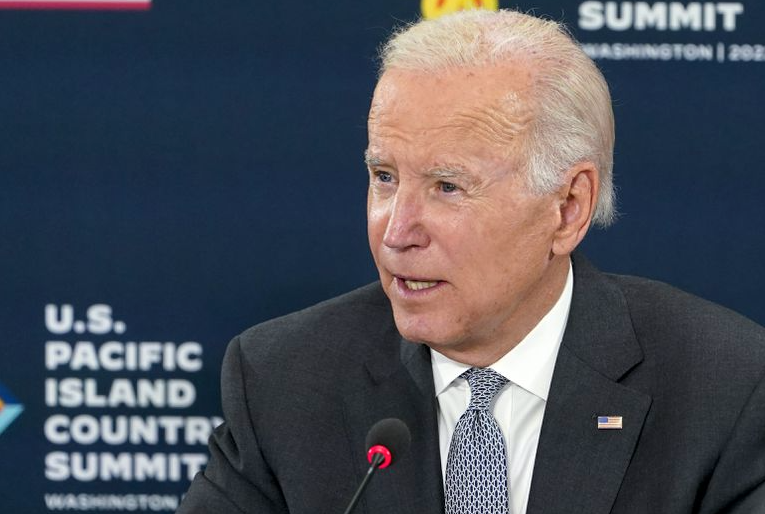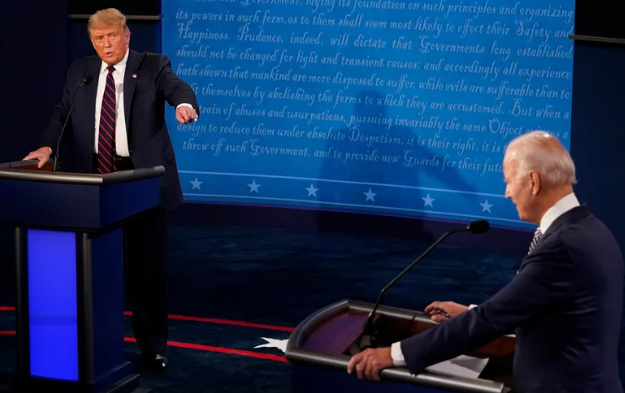Elon Musk, CEO of Tesla and Twitter, has recently entered into a public dispute with the Anti-Defamation League (ADL), a venerable Jewish organization established in 1913 to combat anti-Jewish defamation. This feud began shortly after ADL CEO Jonathan Greenblatt was invited to meet with former X CEO Linda Yaccarino, a development that triggered the trending hashtag #BanTheADL on the platform. Notably, this hashtag gained traction due to the involvement of several controversial figures, including far-right activist Keith O’Brien, former MMA fighter Jake Shields, and notorious white supremacist Nick Fuentes, who has expressed admiration for Adolf Hitler.
ADL has tried very hard to strangle X/Twitter
— Elon Musk (@elonmusk) September 1, 2023
Elon Musk himself contributed to this controversy by engaging with these individuals, effectively amplifying their messages and causing their tweets to gain widespread attention. In response to O’Brien’s accusation that the ADL engaged in extortion, Musk commented that the “ADL has made considerable efforts to curtail the influence of X/Twitter.” He also responded to Alex Jones’ characterization of the ADL as the “most pro-Hitler organization” he had encountered, branding the ADL as “the primary source of anti-Semitic content on this platform.” Furthermore, Musk attributed a significant portion of their revenue loss to the ADL’s influence after they applied pressure on advertisers.
This escalating feud has ignited a contentious public discourse, bringing to the forefront issues related to free speech, social media platforms, and the responsibility of influential figures like Musk in moderating online content.
The hashtag and subsequent tweets generated a surge of offensive posts, including antisemitic content, which continued to circulate over the weekend. Elon Musk’s involvement in this discourse further exacerbated the situation, resulting in a significant uptick in antisemitic sentiments that seemed to have been simmering beneath the surface.
It is essential to acknowledge that there can be valid discussions regarding the ADL and its impact. From a conservative standpoint, it is evident that the ADL has transitioned from being a non-partisan entity long ago. Presently, the ADL’s policy positions closely align with those of the Democratic Party, signifying its partisan stance. Furthermore, it is clear that the ADL has expanded its scope beyond its original mission and has been involved in actions that raise concerns about its approach to free speech.
Just as criticism of Israel should not automatically be labeled as antisemitic, it is incorrect to assert that all criticism of the ADL carries an antisemitic undertone. Open and respectful dialogue on the ADL’s actions and policies is not only legitimate but also necessary for a well-rounded and informed public discourse.










